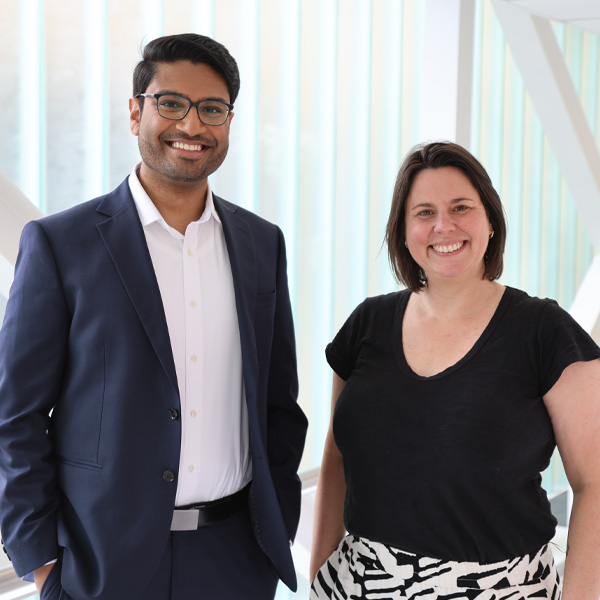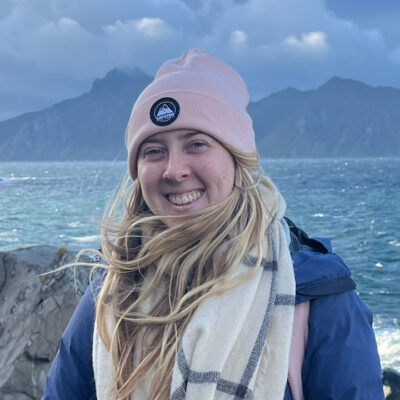2019 Harold Mitchell Travel Fellowships
By Hudson Institute communications
Congratulations to the 2019 recipients of the Harold Mitchell Foundation Travel Fellowships. The fellowships equip young scientists with the experience, cutting-edge knowledge and professional links that will let them make a difference to medical science both in Australia and throughout the world.
The Fellowship enables promising young scientists and students to travel and participate in seminal conferences and receive mentoring and support from leading specialists. They bring new knowledge and experience back to Australia and establish contacts for collaboration at the highest levels in the world of medical science.

Dr Nadia Bellofiore
Post doctoral fellow
Dr Bellofiore is taking part in the prestigious annual training program, ‘Frontiers in Reproduction (FIR): Molecular and Cellular Concepts’, 27 April-6 June.
FIR is an intensive, six-week laboratory and lecture course that aims to develop future leaders in reproductive biology. The Marine Biology Laboratory (MBL) in Massachusetts, US, conducts the course. MBL is a private, non-profit institution which has been in operation for more than 125 years.
“FIR only admits 20 applicants worldwide each year. I am the only Australian applicant to be accepted into this course,” Dr Bellofiore said.
“The skills I will develop will help me to build upon our breakthrough discovery. FIR will enable me to learn innovative and modern laboratory techniques, as well as communicating with some of the world’s leading reproductive scientists.”

Benjamin Amberg
PhD student
Benjamin will attend the International Fetal Medicine and Surgery Society’s (IFMSS) 38th annual congress in Sils, Switzerland, 22-26 October. He is working on methods to alleviate fetal distress during intra-uterine surgery for babies with spina bifida.
“We have recently found that heating and humidifying the intra-uterine environment during surgery helps the fetus to better tolerate the stress of surgery. The chance to collaborate with leading paediatric surgeons and maternal fetal medicine specialists provides a unique opportunity to learn if this simple measure may be implemented into clinical practice,” Benjamin said.
Contact us
Hudson Institute communications
t: + 61 3 8572 2761
e: communications@hudson.org.au
About Hudson Institute
Hudson Institute’ s research programs deliver in three areas of medical need – inflammation, cancer, women’s and newborn health. More
Hudson News
Get the inside view on discoveries and patient stories
“Thank you Hudson Institute researchers. Your work brings such hope to all women with ovarian cancer knowing that potentially women in the future won't have to go through what we have!”




